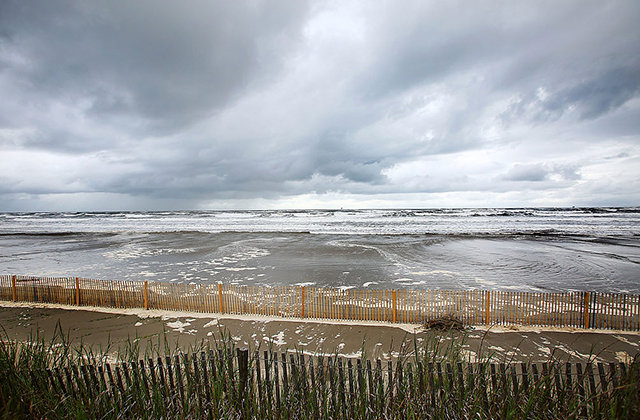People in Louisiana are seeing the impact of climate change front and center: Coasts are receding, extreme storms are hitting more frequently and travel by boat is becoming more necessary.
For Native Americans living in southern Louisiana’s Terrebonne Bay, climate change is making their traditional diet increasingly difficult to maintain. Instead of crabbing and shrimping, they’re turning to supermarkets and processed foods, according to a segment NPR’s “All Things Considered” aired yesterday (April 16).
Host Ray Suarez spoke with freelancer journalist Barry Yeoman for an investigation he did in February on the Pointe-au-Chien tribe. Cheap shrimp imports are ruining local businesses, and crabber yields have dropped since the 2010 BP oil spill. In addition, it is difficult to farm or raise livestock the way they used to.
On top of climate change, Yeoman explains on NPR, the oil and gas industry has dug 10,000 miles of canals in this part of the state. The saltwater eats away at tree roots embedded deep into the land, and these roots are essential to holding land together. Without them, land begins to sink, which makes it difficult for Native peoples to grow their traditional fruits and vegetables like figs and citrus.
Many have left as their land becomes water. But like all Native peoples, these lands are sacred for the Pointe-au-Chien tribe. “Native American tribes in Louisiana have a deep attachment to place and that means trying to stay on the land, even as it becomes harder to grow gardens, even as shrimping is dwindling and crabbing is dwindling,” Yeoman tells Suarez. “There are people who are just trying to stick it out and to brainstorm about more innovative ways of staying self-sufficient.”
They don’t know what their future holds as climate change progresses. They already live in houses on stilts. The Pointe-au-Chien worry one more storm will destroy their home forever, Yeoman explains. And, as his story illustrates, this tribe is one of the state’s many impacted by climate change. Others include the Isle de Jean Charles, Bayou Lafourche, the Grand Bayou Village and the Grand Caillou/Dulac.
Listen to the segment below or read the full investigation here.
